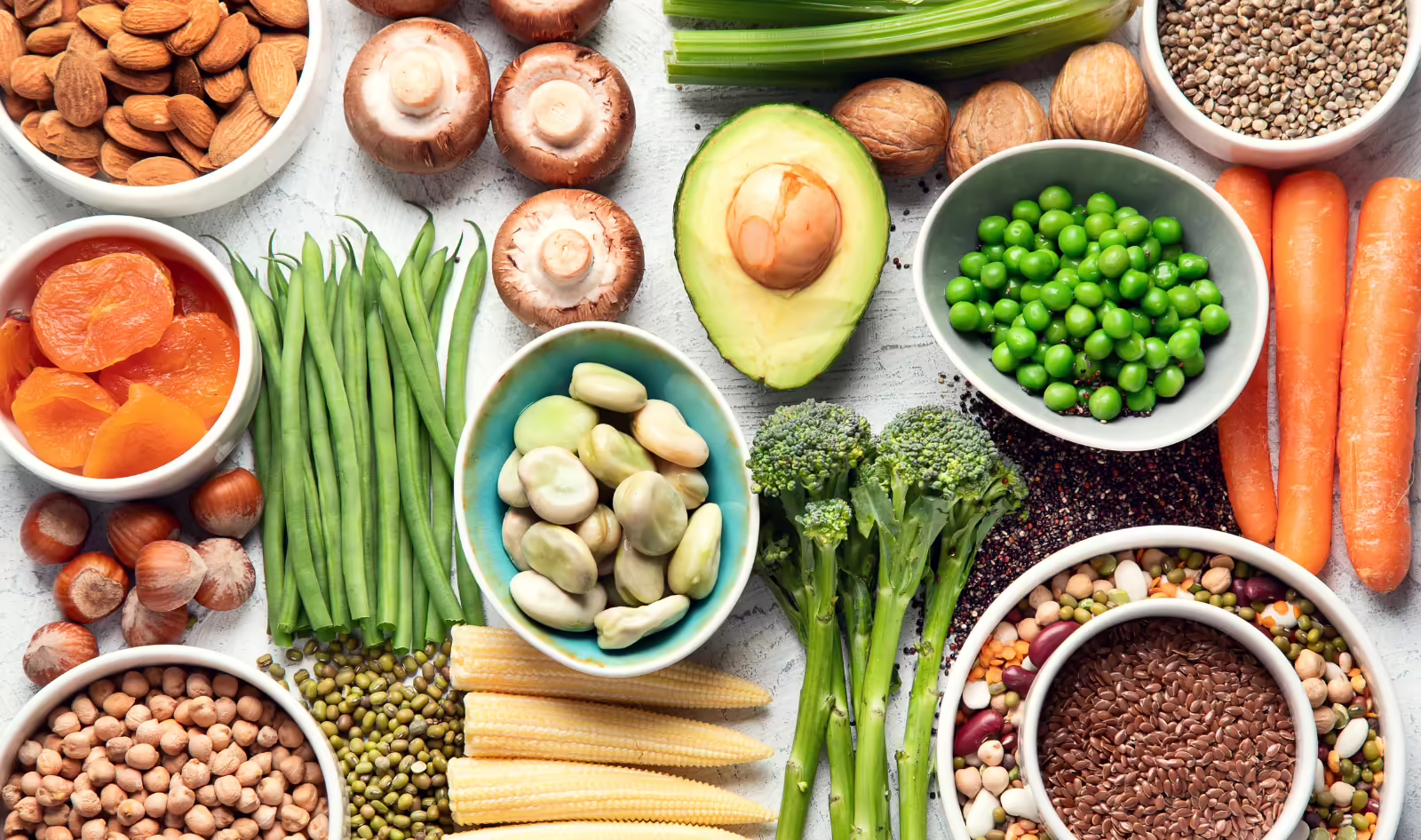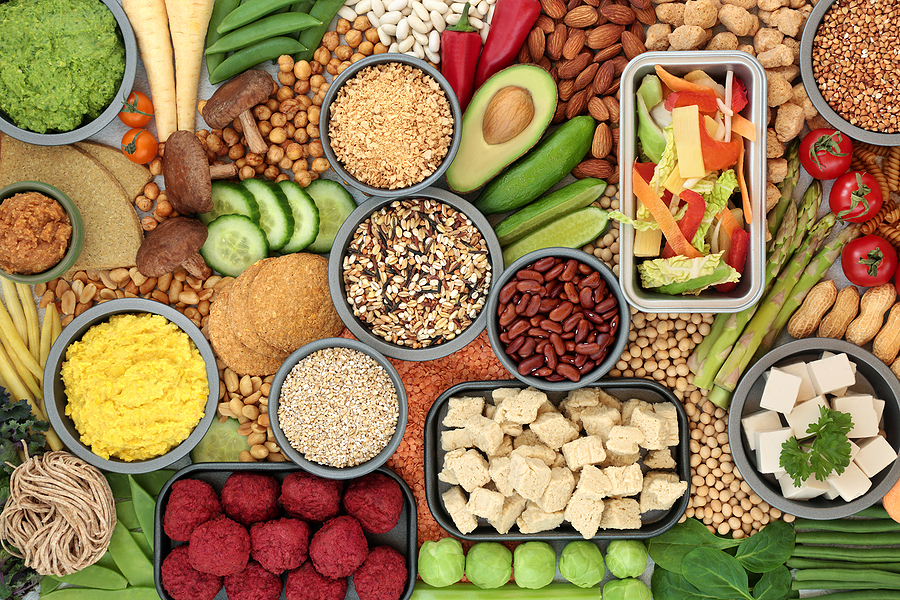Starting plant-based diets for beginners can feel exciting yet overwhelming. By focusing on whole foods, fruits, vegetables, legumes, nuts, and seeds, you can nourish your body while reducing reliance on animal products. This way of eating supports heart health, improves digestion, and boosts energy levels. You do not need to switch overnight — gradual changes make the process easier. Whether your goal is weight management, better overall health, or simply trying something new, a plant-based lifestyle offers endless variety and flavor.

Understanding a Plant-Based Diet
A plant-based diet focuses on foods that come mainly from plants. It includes vegetables, fruits, whole grains, legumes, nuts, and seeds. While it limits or avoids animal products, it still allows flexibility based on personal choice. This eating style is rich in fiber, antioxidants, and essential vitamins that help maintain good health. Unlike strict vegan diets, plant-based eating can be adapted to suit different lifestyles, making it a sustainable option for beginners.
Health Benefits of Going Plant-Based
Switching to a plant-based diet offers many benefits. The high fiber content supports digestion and helps maintain a healthy weight. Plant foods are rich in antioxidants that protect cells from damage and reduce the risk of chronic diseases. A diet focused on whole grains, leafy greens, and legumes supports heart health and may lower cholesterol levels. Increased intake of vitamins and minerals improves energy and mental clarity. For beginners, even small changes like adding more plant foods to daily meals can lead to noticeable improvements in well-being.

Essential Foods for Beginners
Building a pantry for plant-based diets starts with versatile staples. Legumes like lentils, chickpeas, and black beans provide protein and fiber. Whole grains such as quinoa, brown rice, and oats deliver lasting energy. Leafy greens, colorful vegetables, and seasonal fruits supply antioxidants and vitamins. Nuts and seeds like almonds, chia seeds, and flaxseeds offer healthy fats and minerals. Stocking these foods makes it easy to prepare quick, nourishing meals. For beginners, starting with familiar ingredients helps ease the transition into new eating habits.
Easy Meal Ideas
Simple recipes help beginners enjoy plant-based eating without stress. Overnight oats with berries and chia seeds make a quick breakfast. Quinoa salads with roasted vegetables and hummus create a filling lunch. For dinner, try vegetable stir-fry with tofu and brown rice. Snacks like apple slices with almond butter or trail mix keep energy steady. Preparing meals in advance saves time and makes healthy choices easier during busy days.
Tips for a Smooth Transition
Adopting plant-based diets for beginners works best when changes are gradual. Start by replacing one meal a day with a plant-based option. Explore herbs, spices, and new cooking methods to make meals flavorful. Keep healthy snacks handy to avoid processed foods. Stay mindful of nutrients like vitamin B12, iron, and omega-3 fatty acids, which may need extra attention in plant-based eating. Tracking your meals for the first few weeks can help ensure balance and variety.
Staying Motivated Long-Term
Sticking to a plant-based diet is easier when you focus on variety and taste. Try new recipes weekly, shop for seasonal produce, and join communities that share your interests. Celebrate small milestones, like cooking your first fully plant-based dinner or completing a month without processed snacks. Over time, these habits become second nature, making plant-based eating a lasting and enjoyable lifestyle choice.
